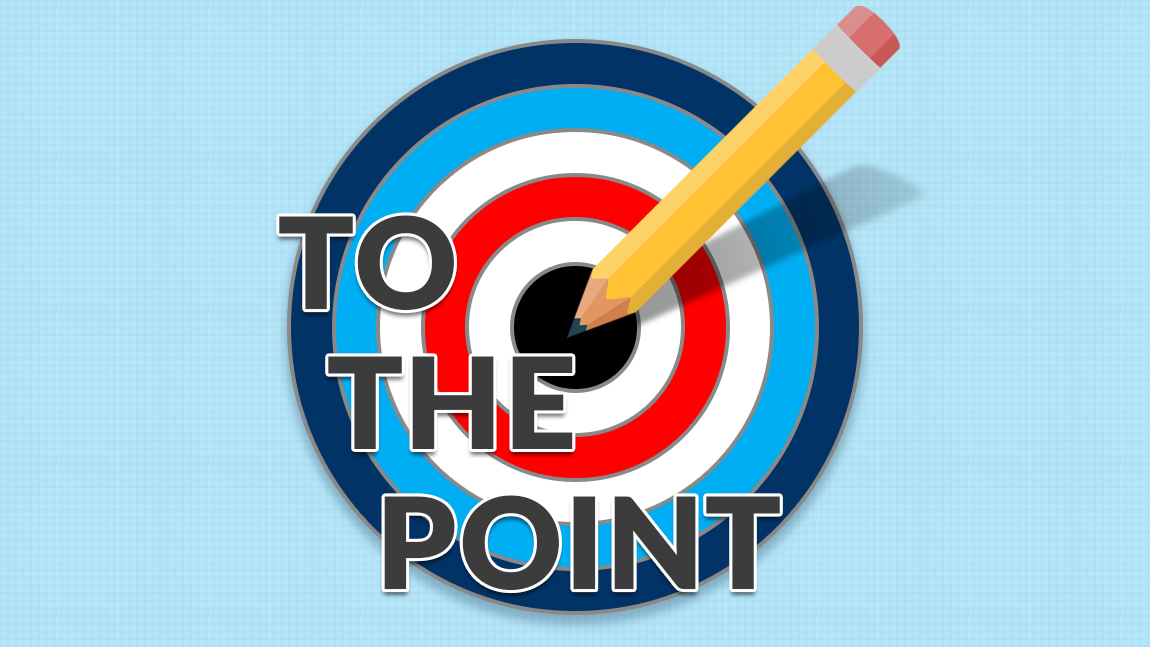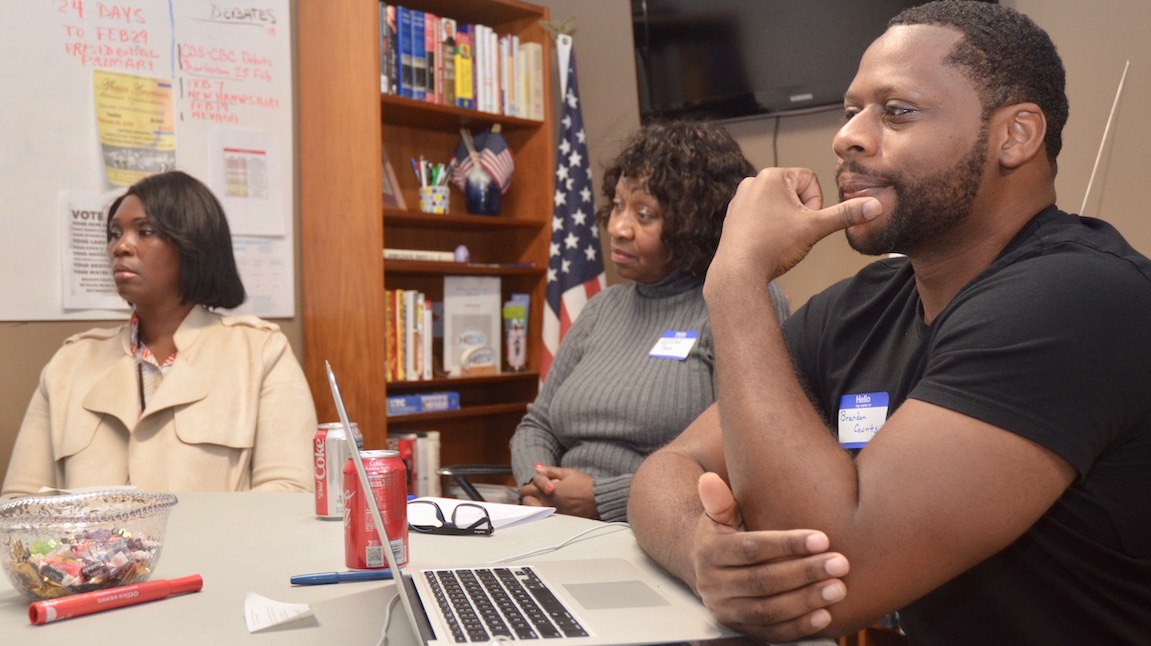By Steve Hamelman
Soon after news reports of two mass shootings in the cities of El Paso, TX, and Dayton, OH, on Saturday August 3 and Sunday August 4, a political firestorm erupted over President Donald Trump’s announcement that he would visit each stricken city today, Wednesday August 7.
Thirty-one people died in the two attacks. Many more were injured. Thus, one would expect the President of the United States to acknowledge these calamities in person.
In normal times, this expectation would transcend party affiliation. But these are not normal times.
For one thing, Donald Trump, de facto leader of the national white supremacist movement, is our president.
It is not a stretch to say that the influence of Trump’s anti-immigrant rhetoric as both Republican candidate and president is observable in the writings and actions of the two assailants and are clear evidence of his white supremacist sympathies.
Moreover, events and the mass reactions to them are communicated so quickly in our hyper-wired world that even before we, the general public, have had a chance to digest or fathom these two massacres, we feel compelled to form an opinion about whether or not the President of the United States should do what presidents historically have done on such occasions, which is to offer solace to the suffering community and nation.
(That this topic has to be addressed in the first place shows how deeply fractured our political infrastructure has become in the past three years!)
A Dangerous Emotion
As we find in countless scientific studies of grief, in the aftermath of tragedy, the main emotion (once shock has passed) is anger. Anger is needed to clear ground for the rest of the grieving process to occur in due time.
This is the only good thing about anger. Otherwise, it is a dangerous emotion (indeed, “wrath,” another word for anger, is one of the Seven Deadly Sins) not only because it can cause harm to oneself and to others, but also because it deprives the human being of rational thinking when it is most needed.
We need rational thinking more than ever right now. Since the news cycle, as well as the emotional demands of tragedy, doesn’t allow much time for us to move through the first phase of the grief process, we must make the effort to accelerate past anger and get to a reasonable state of mind as quickly as possible.
Beto’s Response
It was understandable that Beto O’Rourke responded angrily to the idea of Trump coming to his city. He has a right to feel shattered by the El Paso shooting. El Paso is his home town. He loves El Paso, and most of the people of that fine city reciprocate his love.
Known for his authentic from-the-heart style, Beto emotionally declared that Donald Trump, the aforementioned white supremacist whose campaign rhetoric allegedly spurred on the El Paso shooter, should stay away from El Paso.
He told the city newspaper, “[Trump has] helped to create what we saw in El Paso on Saturday. . . . He’s helped to produce the suffering that we are experiencing right now. This community needs to heal.”
“That is a leader reveling in the hatred and the racism of the people that he purports to serve and to lead,” O’Rourke said Monday.
All of that prompted Trump to tweet late last night, “Beto (phony name to indicate Hispanic heritage) O’Rourke, who is embarrassed by my last visit to the Great State of Texas, where I trounced him, and is now even more embarrassed by polling at 1 percent in the Democrat Primary, should respect the victims & law enforcement – & be quiet!.”
In response, O’Rourke doubled-down tweeting, “22 people in my hometown are dead after an act of terror inspired by your racism,” he tweeted. “El Paso will not be quiet and neither will I.”
Yes, it would be better to take the high road, and it is true that quietude can be a powerful antidote to Trump’s heinous brand of demagoguery, and it isn’t a sign of weakness or caving in.
But how much can one take?
What is Trump, after all? A smug, sneering speaker with an alarming degree of low oratorical skill—a comic figure whose crude speaking abilities are in inverse proportion to his reach as a demagogue. Petty, pompous, and most important of all, insincere.
Knowing this about him, we should welcome the occasion for him to speak, if for no other reason than whenever he opens his mouth, he invariably says something that further defines his lack of character as a president and as a human being.
Words are the rope by which Donald Trump, a political know-nothing with a barely functioning use of language, will hang himself. The more occasions he has to speak, the more he will display his unique combination of illiteracy and ignominy.




